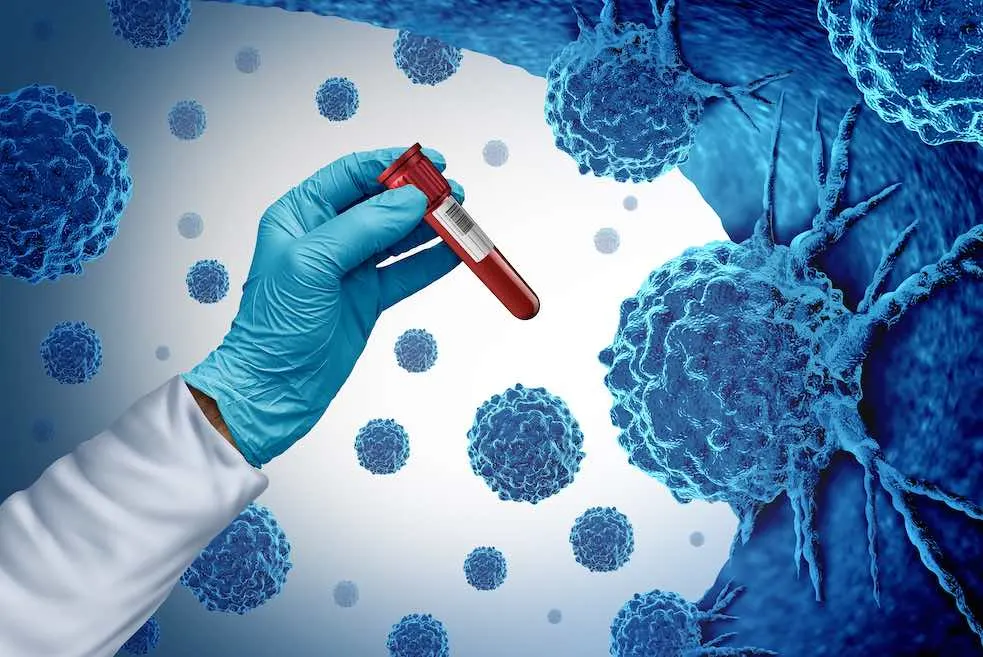Alpenglow Biosciences, a pioneer in AI-powered 3D pathology, has announced a strategic multi-year partnership with Virdx, a biophysics AI company specializing in MRI-based cancer detection. The collaboration aims to accelerate the development of next-generation diagnostic tools, combining the strengths of Alpenglow’s high-resolution 3D tissue imaging with Virdx’s advanced MRI analytics platform to improve non-invasive prostate cancer diagnosis.
The milestone-based agreement underscores a shared vision: to bridge the gap between radiology and pathology through AI and data-driven innovation. Together, the two companies will integrate Alpenglow’s whole-tissue 3D light-sheet imaging platform with Virdx’s biophysics-driven AI models, enabling a new level of precision in prostate cancer diagnostics.
Virdx’s mission focuses on empowering radiologists with tools that enable non-invasive, accurate, and dignified cancer detection. By combining MRI-based diagnostic insights with Alpenglow’s volumetric tissue data, the collaboration seeks to refine how clinicians interpret imaging results—ultimately improving patient outcomes while reducing unnecessary biopsies and procedures.
At the heart of this initiative is a comprehensive 3D dataset generated using light-sheet microscopy (LSM), a breakthrough imaging approach that allows researchers to view entire cross-sections of prostate tissue—often exceeding 4 square centimeters—in remarkable detail. Unlike traditional pathology, which relies on thin, two-dimensional slices, Alpenglow’s 3D imaging preserves the full architecture of tissue samples, capturing both macro-scale structures and microscopic cellular details.
This 3D dataset will serve as a ground truth reference—a gold standard to evaluate and enhance the performance of Virdx’s MRI-based AI models. By correlating MRI data with detailed 3D tissue images, researchers can identify subtle imaging patterns associated with specific cancer characteristics that were previously invisible using standard techniques.
“This agreement reinforces the critical role of high-quality 3D pathology data in building the next wave of AI diagnostic tools,” said Nicholas Reder, MD, MPH, CEO and Co-founder of Alpenglow Biosciences. “Our partnership with Virdx represents a meaningful step forward in applying advanced imaging and AI to transform cancer diagnostics. The integration of these technologies allows us to see tissue and disease in new ways, leading to better understanding, earlier detection, and ultimately improved care.”
Dr. Jacob Murray, CEO and Co-founder of Virdx, emphasized the scientific importance of the collaboration. “We are excited to partner with Alpenglow Biosciences. Their innovative imaging technology and fast-moving team are helping us generate the data that powers our biophysics AI engine for next-generation MRI-based cancer diagnostics. The ground truth data we can build together is essential to guide model development with the ultimate goal of improving patient health and quality of life.”
This collaboration highlights a broader industry trend toward multi-modal diagnostic intelligence, where AI models are trained on complementary data sources to increase accuracy and interpretability. By uniting non-destructive 3D pathology with MRI signal modeling, Alpenglow and Virdx aim to establish a new standard for precision oncology—one that can distinguish cancer subtypes, assess progression risk, and inform personalized treatment decisions more effectively than current diagnostic methods.
From a technological perspective, the partnership showcases cutting-edge computational infrastructure. Alpenglow and Virdx are leveraging NVIDIA GPU-based processing pipelines to manage and analyze massive 3D microscopy datasets, each measuring several terabytes in size. Compared to traditional CPU-based systems, these GPU-accelerated workflows are more than 10 times faster, enabling real-time visualization and large-scale data analysis that would have been prohibitively slow just a few years ago.
This speed and scalability are crucial as both companies prepare for clinical validation and large-scale trials, where thousands of samples will be processed to train, test, and refine AI models. The computational efficiency of the NVIDIA GPU infrastructure not only accelerates research but also supports rapid iteration—allowing teams to continuously improve algorithms as new data becomes available.
Alpenglow Biosciences, a member of the NVIDIA Inception program for AI-driven startups, continues to push the boundaries of digital pathology. Its 3D tissue imaging and analysis platform transforms how researchers and clinicians visualize disease, offering unparalleled spatial and molecular insight without destroying valuable samples. By capturing intact tissue in three dimensions, Alpenglow provides a complete picture of tumor architecture, vascular networks, and immune cell interactions—information critical for understanding cancer biology.
For Virdx, the collaboration marks an expansion of its core mission to make MRI-based cancer diagnostics more accessible, efficient, and interpretable. Its AI-driven biophysics models simulate how magnetic resonance signals correspond to specific tissue compositions and disease states, helping radiologists distinguish between benign and malignant lesions with greater confidence. By anchoring these models in Alpenglow’s validated 3D tissue data, Virdx gains a uniquely powerful foundation for improving diagnostic precision.
Together, Alpenglow Biosciences and Virdx aim to deliver next-generation diagnostic tools that combine the best of both worlds—non-invasive imaging and microscopic accuracy. The long-term goal is to make prostate cancer screening and monitoring faster, safer, and more reliable, ultimately reducing the global burden of one of the most common cancers among men.
“Radiology and pathology have traditionally operated as separate disciplines,” added Dr. Reder. “But by connecting them through AI and data, we’re creating an integrated diagnostic continuum—one that can help clinicians make better, faster decisions for their patients.”
As the healthcare industry increasingly embraces AI and computational medicine, collaborations like this demonstrate the transformative potential of interdisciplinary innovation. By merging imaging physics, biological insight, and AI-driven data analysis, Alpenglow Biosciences and Virdx are shaping a future where diagnostics are more precise, predictive, and patient-centered than ever before.



